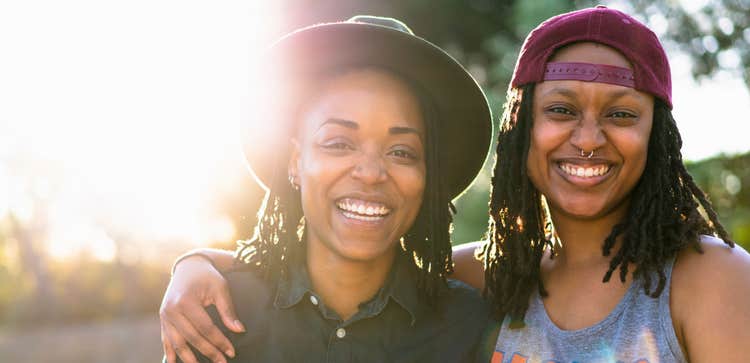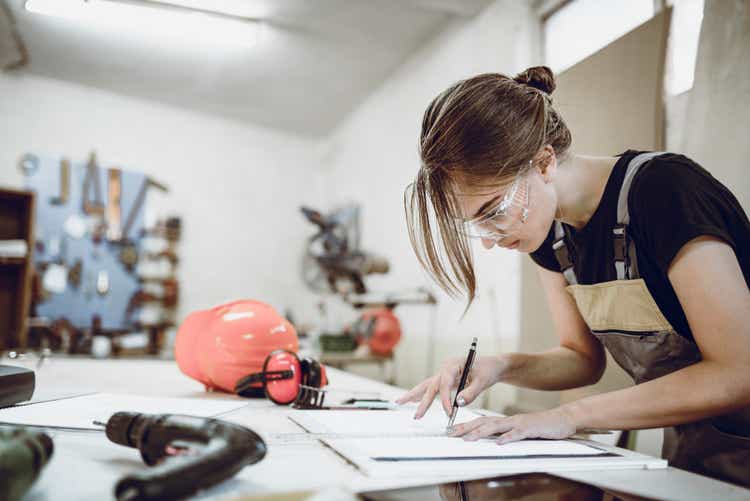

Who hasn’t heard of COVID-19? It’s an infectious disease caused by a virus called Severe Acute Respiratory Syndrome Coronavirus-2 (SARS-COV2) which emerged in December 2019. In just a few months, it has turned the world as we know it upside down. You may be facing local restrictions, worrying about getting sick, or scared of infecting your loved ones. With everything going on, the situation can feel very daunting and out of your control.
Fortunately, thanks to record-speed scientific advances, there is hope for the future. And while COVID-19 is still at large, the best way to protect yourself is to be aware of the disease, how it spreads, and the things you can do to try and prevent it.

COVID-19 stands for COronaVIrus DIsease 2019. It is a disease caused by a type of coronavirus, which are viruses that circulate among animals and that can infect humans.
Coronaviruses can also cause other serious diseases such as Severe Acute Respiratory Syndrome (SARS) and Middle East Respiratory Syndrome (MERS), but also the common cold.
The coronavirus that causes COVID-19, SARS-CoV-2, is a coronavirus that was first discovered in humans in Wuhan, China, in 2019.
The COVID-19 virus mostly spreads through airborne droplets when an infected person coughs, sneezes, speaks or breathes in close proximity (within two meters) of others. The virus then enters your body when you breathe in, or if you touch your eyes, nose or mouth with infected droplets on your hands.
When a person is first infected with a virus, the immune system kicks in and triggers a response to fight the infection. It activates several cells including B and T-white blood cells which then triggers molecules known as cytokines that help fight off the infection. But, when infected with the COVID-19 virus, the virus can interfere with the normal immune response in some people and cause it to go into overdrive.8 It can activate more cytokines than necessary causing what is known as a cytokine storm. This leads the normal response pathways to malfunction, which can be life-threatening.
Most people who get COVID-19 will have a mild to moderate respiratory illness and will be able to recover by themselves.9 However, older people and those with underlying medical problems may be more likely to develop a serious illness.9 That’s why it’s so important to stop it from spreading through our communities.
What are the symptoms of COVID-19?
COVID-19 affects different people in different ways.10 Most people will have a mild to moderate illness that appears within two weeks of infection, and they recover without needing any special treatment.9
If you have mild symptoms, you should look after yourself at home, but if it becomes serious you will need to seek immediate medical attention.10 Always call before visiting your doctor or health facility.
Common symptoms10 | Less common symptoms10 | Serious symptoms10 |
|---|---|---|
Common symptoms10
| Less common symptoms10
| Serious symptoms10
|
Some people may continue to experience symptoms even after they have initially recovered (often called ‘long COVID-19’) or even long-term organ damage.11 While many people do recover quickly, it is another reason to be cautious.11
How common is COVID-19?
We’re sure you’re aware of just how common COVID-19 is right now. The situation is changing all the time and will depend on where you live, but in most areas the virus is still around at very high levels.12 And while it’s still around, we all need to take precautions.
Anyone can catch COVID-19, but certain people are more likely to have a serious disease.9 This includes everyone over the age of 60,13 and those with health conditions like hypertension, chronic respiratory disease, and cardiovascular disease.9 Certain medications might put you at higher risk, too.14 Speak to your doctor if you think you might be more at risk.
Prevention
It is important to prevent infection and slow the spread of COVID-19, to help protect yourself and those around you.15 Follow local guidelines and take necessary precautions and minimise travel and gathering in large crowds. Rules can feel annoying, upsetting, or frustrating, but they are there to help you.
Vaccination
Thanks to the amazing efforts of researchers and international health bodies, there are now several approved vaccines available with more in development.16 This means many countries are now offering vaccinations against COVID-19.
Vaccines have been a game-changer against other infectious diseases in the past, allowing us to prevent and control 25 once uncontrollable infections.17 Vaccines are the safest possible way to protect against diseases such as COVID-19.17 Those who are hospitalised with the severe disease might receive supportive treatment like oxygen therapy to help them breathe.18
Caring for someone with COVID-19
Caring for someone with COVID-19 comes with an extra challenge – you can’t get too close! It can feel really difficult, both practically and mentally, to keep your distance from a loved one (especially if they feel unwell), but it will help protect you and others from infection.19
- If they live with you, they should use a separate bedroom and bathroom if possible and keep a window open to air out any shared space19
- Make sure they drink plenty of fluids and rest well19
- Medicines may help with a fever19
- Help them get groceries, prescriptions or anything else they need19
- Keep an eye out for signs they are getting worse, and call your doctor or emergency services if they are showing symptoms of severe disease19
If you have been in close contact with them, you will also need to stay at home yourself in case you have been infected too.19
Questions to ask your doctor
The list below includes example questions to help start a conversation with your health care provider. There may be other relevant questions based on your symptoms, stage, and medical history that are not listed here.
- Is there any reason I might be more at risk of serious disease?
- Does my work or lifestyle put me more at risk of infection, and what can I do to help prevent it?
- …
Glossary
- COVID-19:Coronavirus disease, an infectious disease caused by a coronavirus: SARS-CoV-2.
- MERS: Middle East respiratory syndrome, a viral respiratory disease caused by coronavirus.
- SARS-CoV-2: The virus that causes COVID-19.
- SARS: Severe acute respiratory syndrome, a viral respiratory disease caused by coronavirus.